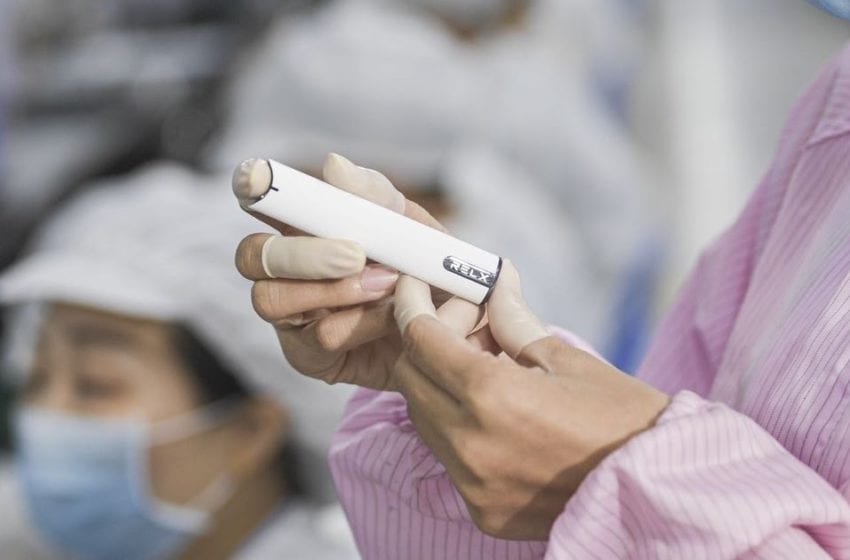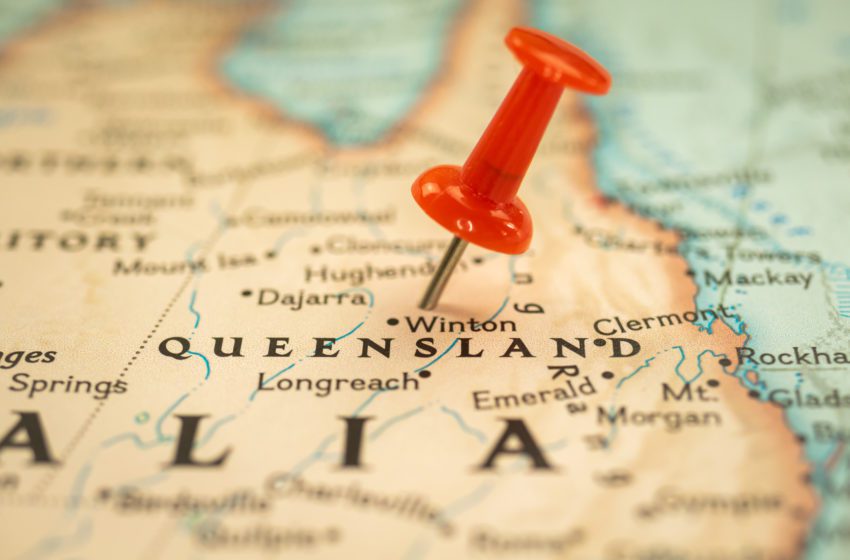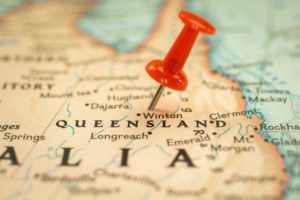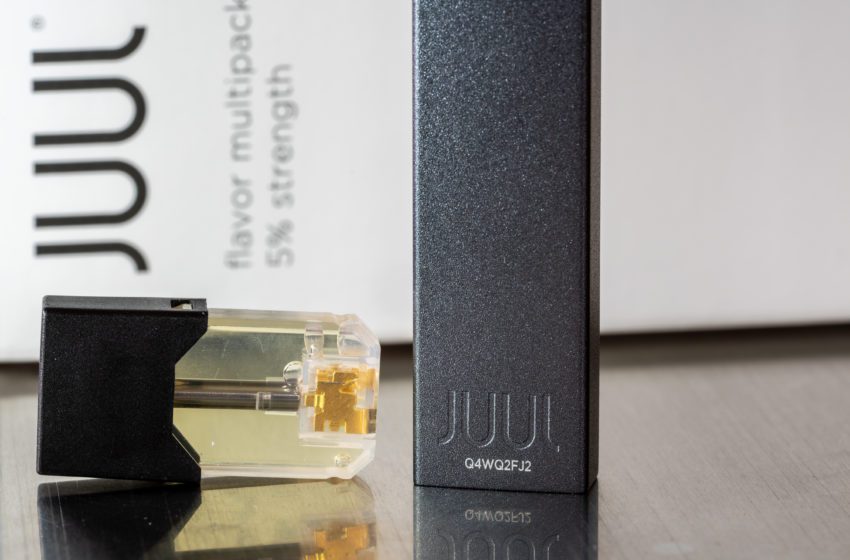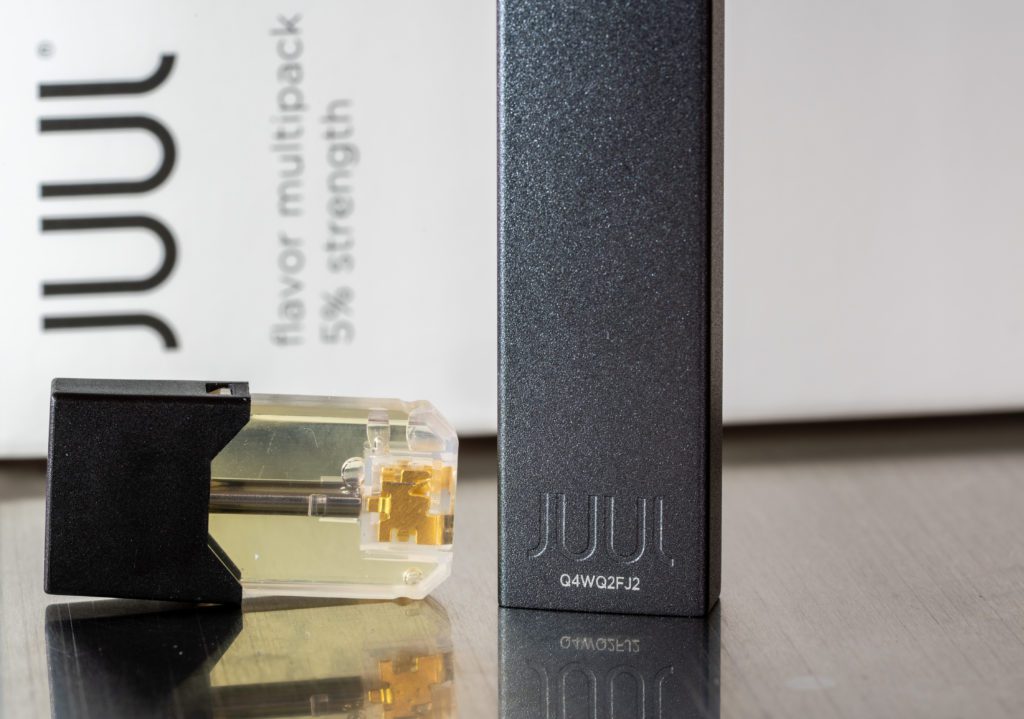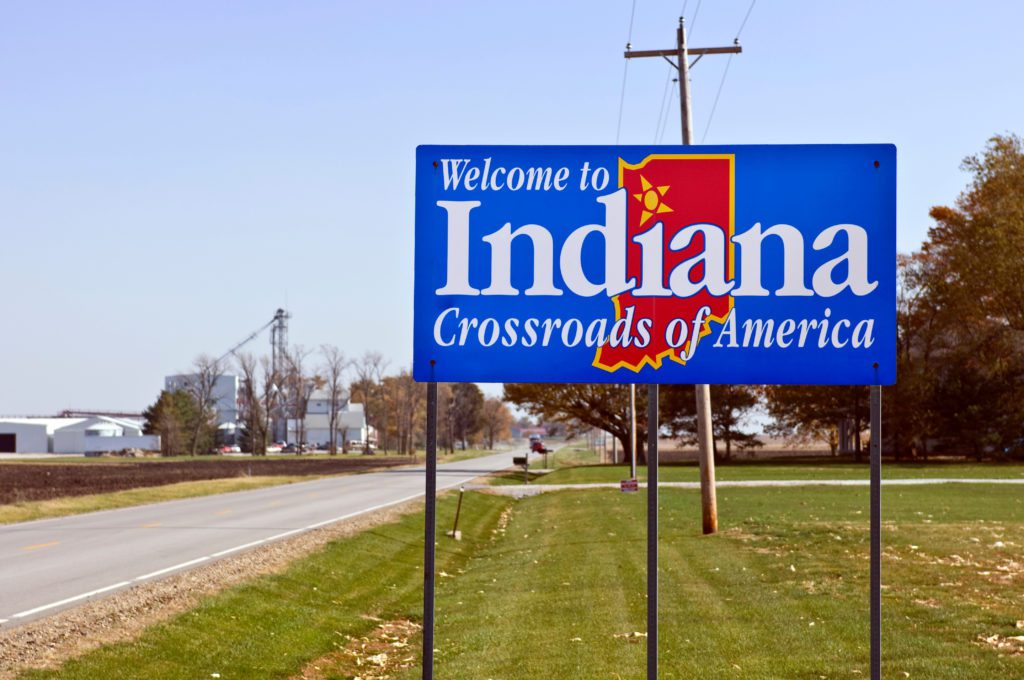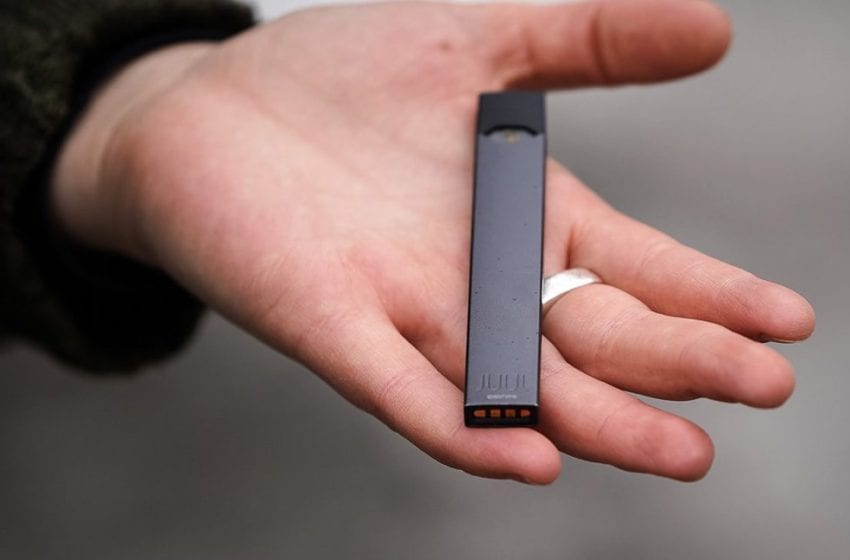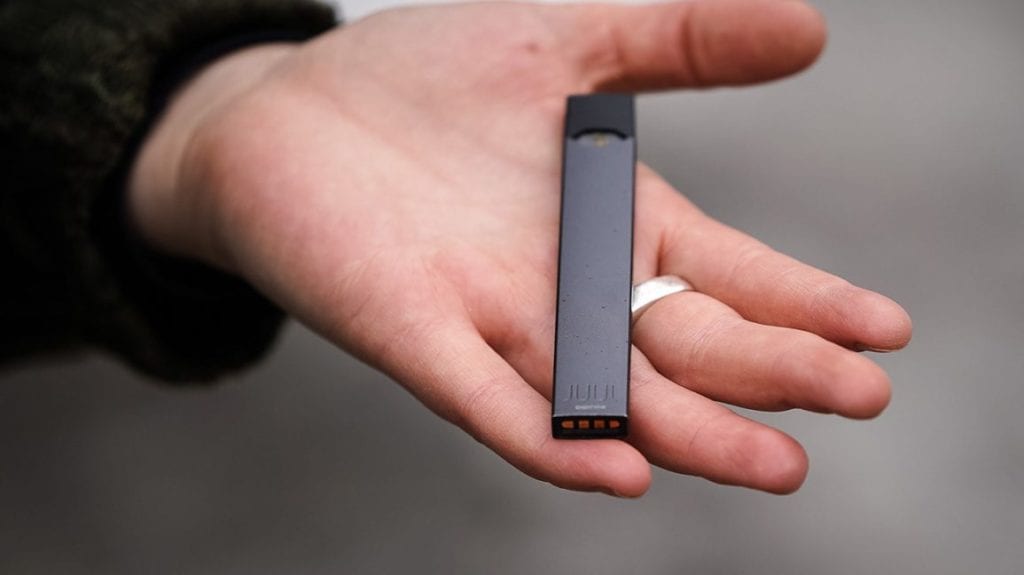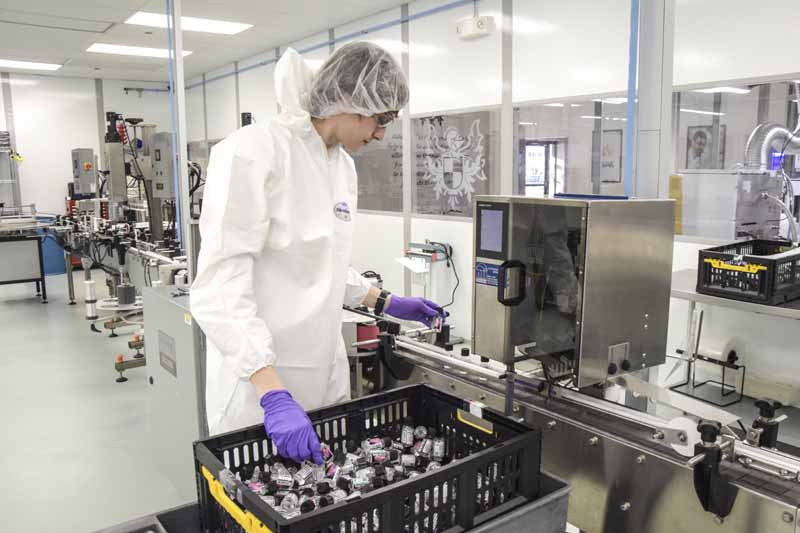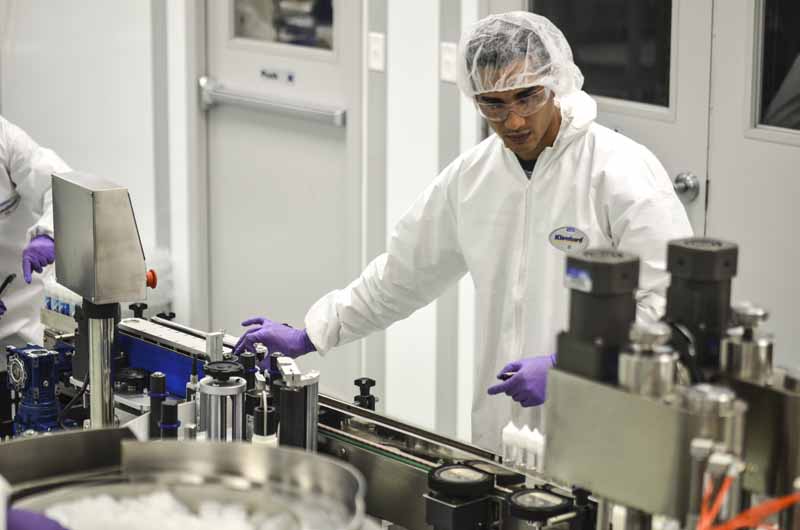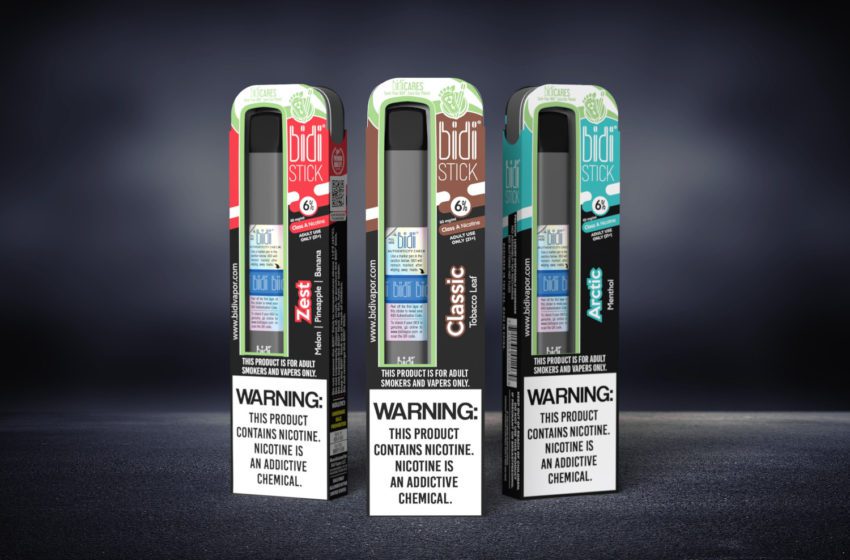
RLX Technology’s 2022 financial performance was heavily impacted by new industry regulations and e-cigarette taxes, along with Covid-related disruptions, in China.
The company reported net revenues of RMB340 million ($49.3 million) in the fourth quarter of 2022, down from RMB1.9 billion in the same period of 2021. Its GAAP net loss was RMB225.1 million, compared with GAAP net income of RMB494.4 million in the comparable 2021 quarter.
For the full fiscal year, net revenues declined to RMB5.33 billion in 2022 from RMB8.52 billion in 2021. U.S. GAAP net income was RMB1.41 billion, down from RMB2.03 billion in the prior year.
“2022 was a year full of unprecedented challenges,” said RLX Technology co-founder, chairperson and CEO Ying Wang in a statement. “A combination of Covid-related disruptions and the introduction of a substantial package of industry regulations and policy updates throughout the year impacted the e-vapor sector and our operations.
“We retained our core strategy in this volatile operating environment while proactively adapting our business to the new regulations. In the fourth quarter, we continued to invest in R&D and product innovation and development, offering superior products to adult smokers. We believe our core competencies will enable us to attract continued support from users.
“Looking ahead, given the benefits of the clearer regulatory framework and China’s reopening, we remain confident in the long-term growth of our industry. We are well-positioned to adapt to these shifting market forces and capture new opportunities while further deepening our commitment to honoring our social responsibilities.”
RLX Technology was particularly affected by the vast wave of coronavirus infections as China suddenly relaxed its zero-Covid policy toward the end of 2022. In addition, its gross margin in the fourth quarter suffered as a result of the imposition on Nov. 1, 2022, of a 36 percent excise tax on e-cigarettes in China.
“Despite the headwinds, we strove to improve operational efficiency to mitigate the adverse impact on our business,” said RLX Technology Chief Financial Officer Chao Lu. “As a result, we maintained a healthy level of profitability during 2022. We believe our company’s resilience will enable us to overcome near-term obstacles, and we remain dedicated to creating long-term sustainable value for our stakeholders.”

